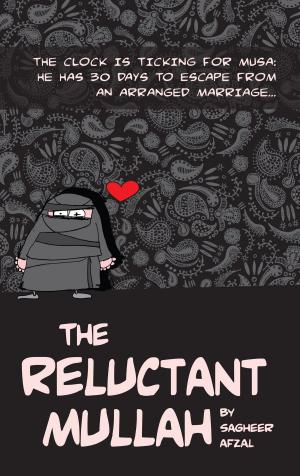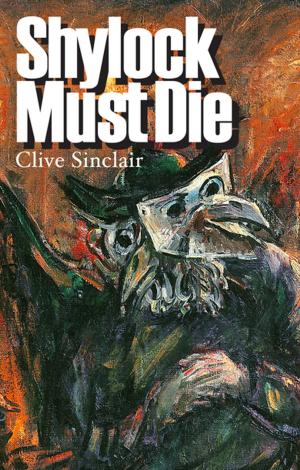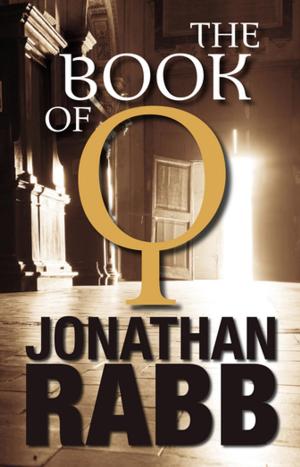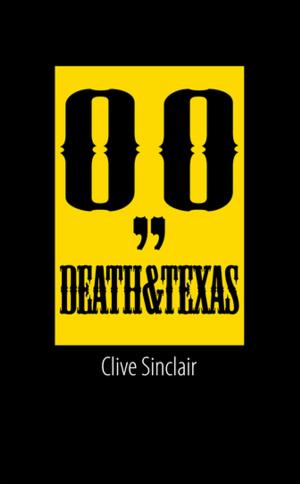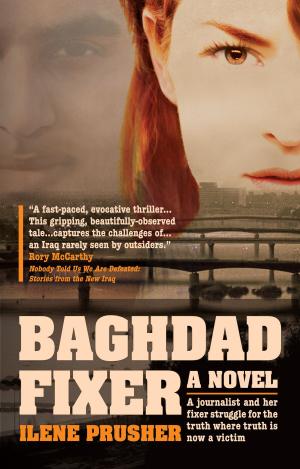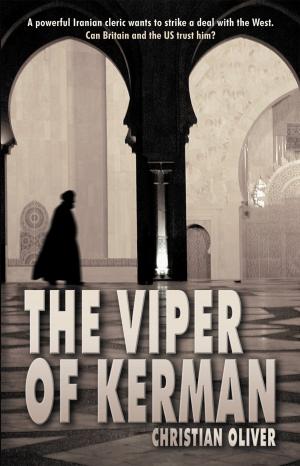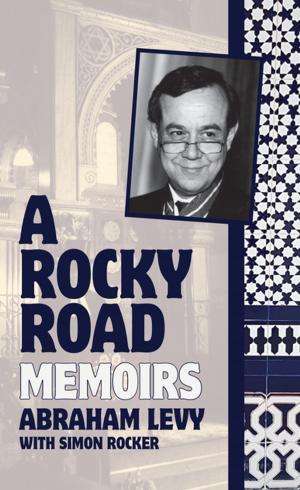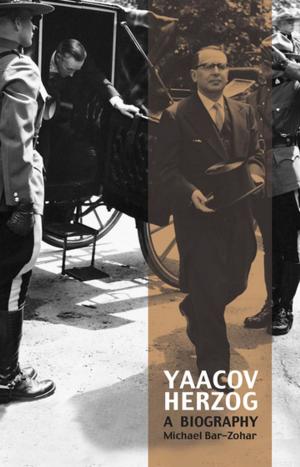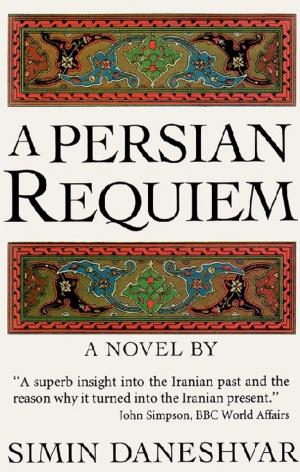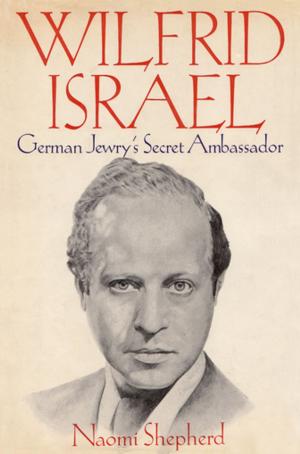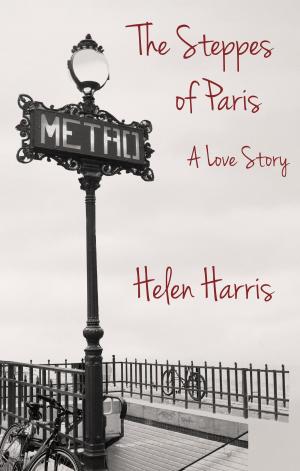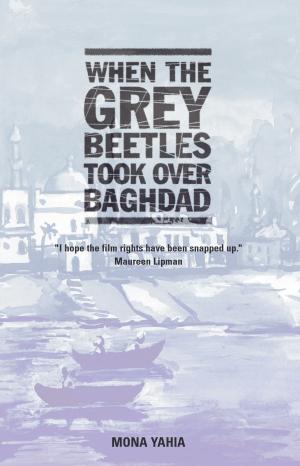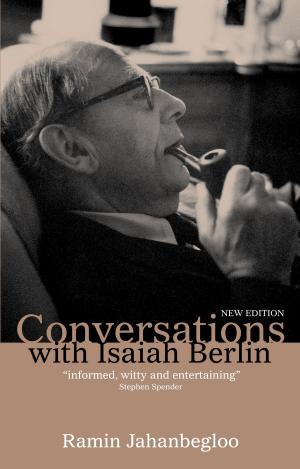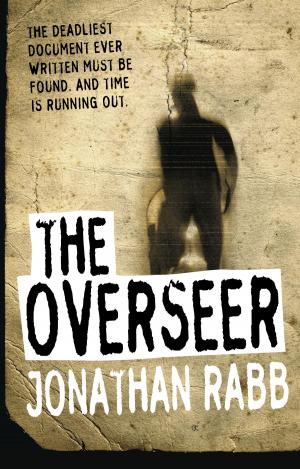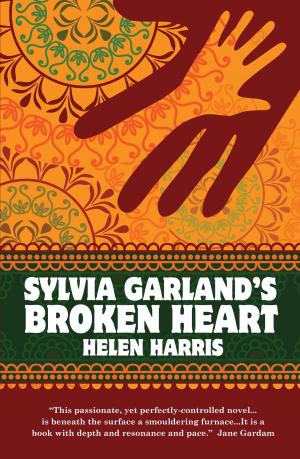| Author: | Ellis Douek | ISBN: | 9781905559367 |
| Publisher: | Halban | Publication: | April 19, 2012 |
| Imprint: | Halban | Language: | English |
| Author: | Ellis Douek |
| ISBN: | 9781905559367 |
| Publisher: | Halban |
| Publication: | April 19, 2012 |
| Imprint: | Halban |
| Language: | English |
"Wherever I have found myself has seemed the proper place for me to be. I have never been an exile." When Ellis Douek was nine years old, his mother insisted that he take up embroidery - in case he decided to be a surgeon when he grew up. Of course she was right, as she always was, for he became Consultant ENT Surgeon at Guy's Hospital in London. The Douek parents had the unerring quality of belonging in whichever country they lived and yet they never stayed long in one place -Egypt, the Sudan, Columbia and, finally, England, moving either out of political necessity or out of impetuosity. In 1940 they took the extraordinary decision, for a Jewish family, to cross the Atlantic from Columbia to Italy, on their way back to Egypt. Ellis Douek describes this work as strands of memory. These strands weave between remembrance of the dawn across the Nile and the silence of the feloukas, summers in Alexandria by the beach, and the seeming security and hedonism of it all -between Nasser and the Suez War which disrupted their lives and uprooted them and Bradford in Yorkshire in the 1950s where Ellis finished his schooling, an austere place after the prosperity and warmth of their life in Egypt. Ellis, his sister Claudia who would become Claudia Roden the cookery writer, and their younger brother Zaki all spent time together in Paris, largely unsupervised by adults. Ellis began his medical training there and tried to live the life of a left-wing intellectual, which was perhaps what led his mother to arrange for him to begin medicine all over again, this time in London, during a time of smog, digs and landladies, fish and chips, and the start of the Campaign for Nuclear Disarmament. It was also the time of conscription and Ellis became an army medic with the Black Watch in Scotland, during the final days of National Service. Marvelling at the way his life turned out he says, 'wherever I have found myself has seemed the proper place for me to be. I have never been an exile.'
"Wherever I have found myself has seemed the proper place for me to be. I have never been an exile." When Ellis Douek was nine years old, his mother insisted that he take up embroidery - in case he decided to be a surgeon when he grew up. Of course she was right, as she always was, for he became Consultant ENT Surgeon at Guy's Hospital in London. The Douek parents had the unerring quality of belonging in whichever country they lived and yet they never stayed long in one place -Egypt, the Sudan, Columbia and, finally, England, moving either out of political necessity or out of impetuosity. In 1940 they took the extraordinary decision, for a Jewish family, to cross the Atlantic from Columbia to Italy, on their way back to Egypt. Ellis Douek describes this work as strands of memory. These strands weave between remembrance of the dawn across the Nile and the silence of the feloukas, summers in Alexandria by the beach, and the seeming security and hedonism of it all -between Nasser and the Suez War which disrupted their lives and uprooted them and Bradford in Yorkshire in the 1950s where Ellis finished his schooling, an austere place after the prosperity and warmth of their life in Egypt. Ellis, his sister Claudia who would become Claudia Roden the cookery writer, and their younger brother Zaki all spent time together in Paris, largely unsupervised by adults. Ellis began his medical training there and tried to live the life of a left-wing intellectual, which was perhaps what led his mother to arrange for him to begin medicine all over again, this time in London, during a time of smog, digs and landladies, fish and chips, and the start of the Campaign for Nuclear Disarmament. It was also the time of conscription and Ellis became an army medic with the Black Watch in Scotland, during the final days of National Service. Marvelling at the way his life turned out he says, 'wherever I have found myself has seemed the proper place for me to be. I have never been an exile.'

